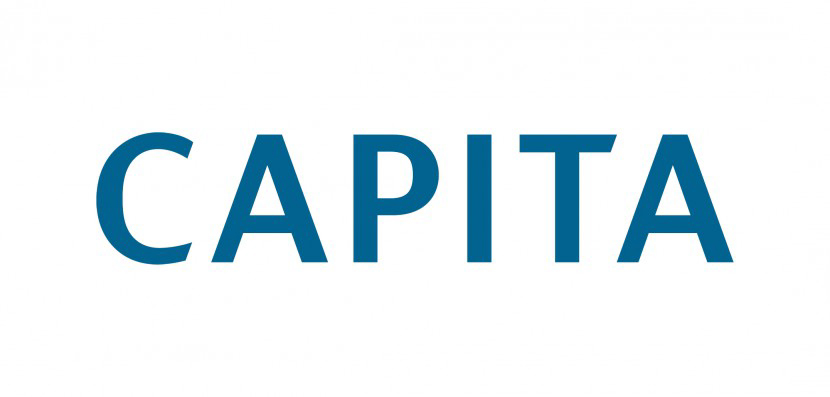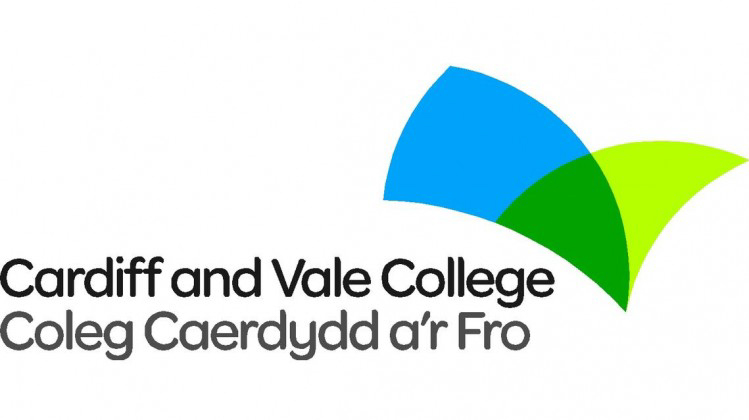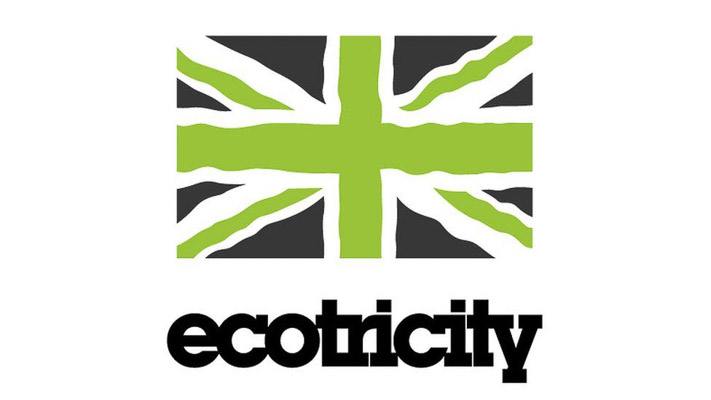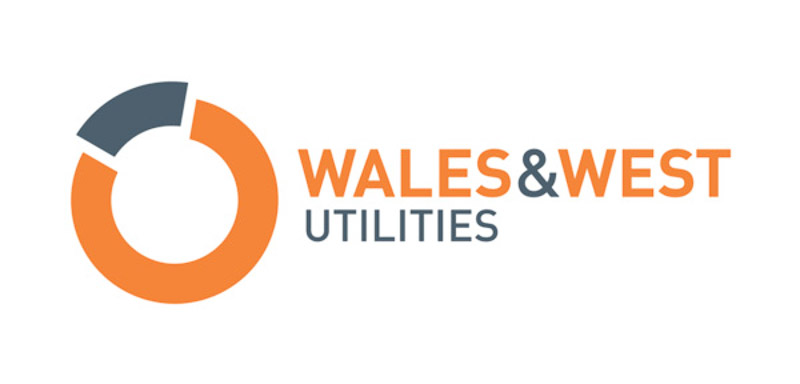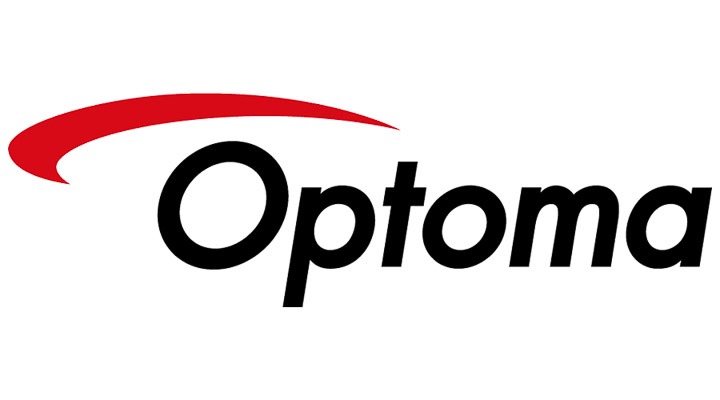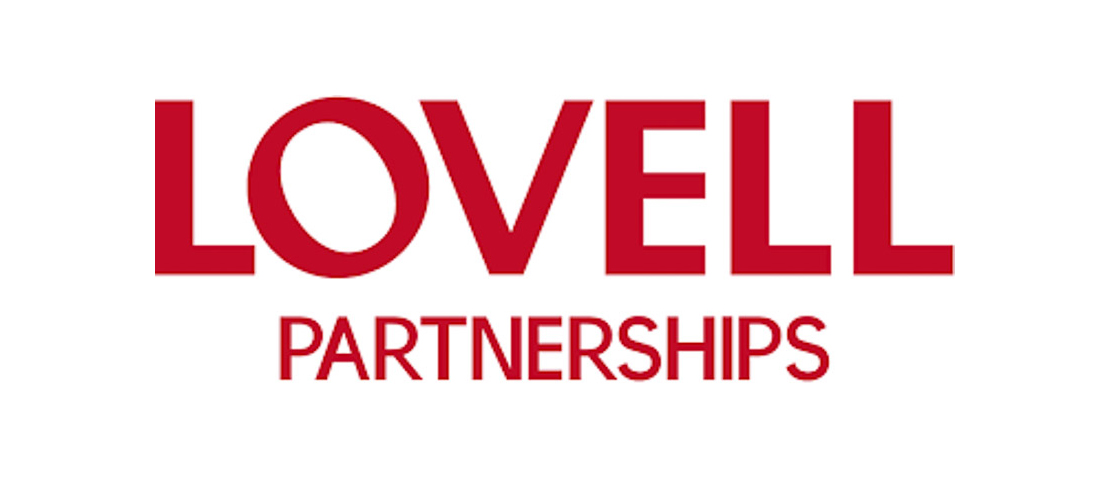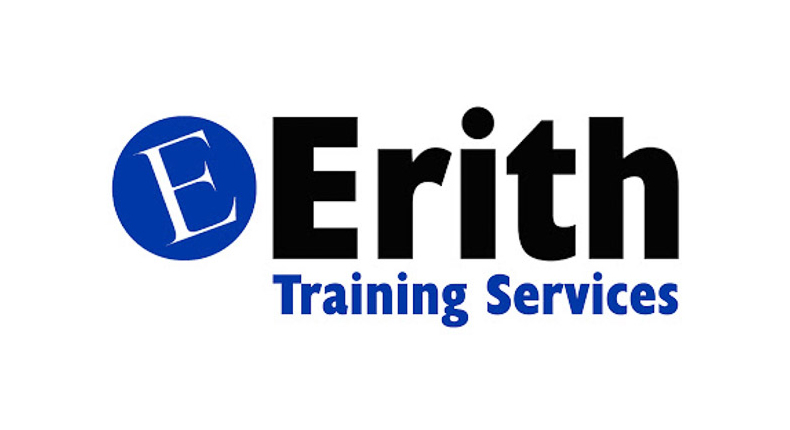Does carbon offsetting work?
By Dave Evans
July 05, 2021
“….does carbon offsetting work?
In most cases, sadly it does not. It’s a con.”
“….most of them are highly dubious to say the least.”
https://friendsoftheearth.uk/climate/does-carbon-offsetting-work.
13 Feb 2020.

Whenever, I see a statement like that, a series of questions leap to mind.
“How can you be so sure?”
“Where’s the evidence?”
“Did you review all the schemes?”
“In such a fast changing world, how can you be sure that conclusion still holds, even if it were once true?”
“If you don’t like that solution, what is your better alternative?’
Usually these thoughts crystallise into;
“That’s very interesting, I’d love to see the evidence for that if you would care to share it with me?”
So, before I offer my view on the efficacy of carbon offsetting, based on personal research and practical experience wrestling with real world energy data and use, let’s look at the foundations of the “….It’s a con” stance.
Objection #1
“…the offset project must be in addition to what was going to happen anyway.”
Objection #2
“…the offset project must permanently lock away the emissions.”
Objection #3
“…the offset project mustn’t lead to emissions just shifting elsewhere.”
Objection #4
“the offset project must draw down more carbon than is being emitted.”
Objection #5
“the prospect of being able to offset emissions…….could encourage politicians, companies…. to dial back on actions which will reduce emissions today.”
Objection #6
“There are plenty of ways you can reduce your individual carbon footprint, such as avoiding air travel, reducing meat and dairy intake
Objection #7
“…big wealthy ones…..can use their ……power to bully smaller countries to offset more than their fair share of emissions.”
OK, let’s analyse these objections through the lens of a generic scenario. A large, UK based construction company, committed to achieving Net Zero Carbon by 2050. Around 90% of greenhouse gas (GHG) emissions in such companies will be diesel, gas oil, petrol and similar vehicle fuels. Electricity will contribute 5%, all the other sources (natural gas, waste, air travel, water…) another 5%.
There is a plan to invest in emerging technologies, such as hydrogen fuelled plant, hybrid plant, new fuels such as Hydrotreated Vegetable Oil (HVO), behaviour change programmes such as the use of telematics or better training, maybe the Act Sustainably, IEMA Environmental Management in Construction virtual training course.
The company is committed to transparency and would like it’s carbon reduction plan to be signed off by the Science Based Targets Initiative (SBTi).
They are also committed to following the requirements of ISO 14064, for the design, development, management, reporting and verification of their GHG inventory and to PAS 2050, PAS 2060 and PAS 2080 in aiming for carbon neutral status.
They develop an achievable roll out plan for the new initiatives, taking account of available capital, resource availability, lead times, the duration of pilot and evaluation programmes and their team’s capacity to cope with change.
They research the carbon offset market and learn that carbon offsetting projects are usually verified by one of four Carbon Certifications – the Verified Carbon Standard (VCS), Gold Standard Voluntary Emission Reductions (VER), UK and EU Emissions Trading Standard (EU + UK ETS), and the United Nations Certified Emission Reductions (CER) programmes.
Using verified Carbon offset schemes they realise they could adopt a portfolio approach to reduce their risk and spread the benefit, investing in reforestation schemes in the UK, the Americas and Africa and in community schemes, providing stoves that utilise biomass instead of coal or rehabilitating boreholes.
They assume that these globally recognised certifications, are trustworthy and add value. It’s the same assumption they apply to ISO standards, FSC, PEFC or accredited/approved training. They understand that such certifications are not perfect, yet worth having.
Their question is, “Should we use carbon offsets or follow the “It’s a con” advice, not offset and fail to get on track to achieve Net Zero Carbon by 2050?
Let’s examine the key objections, through this lens.
Objection #1
“…the offset project must be in addition to what was going to happen anyway.”
It seems to me that Objections #1, #3, #4 could be grouped into a ‘stating the obvious” category. There are a bit like saying, If you start a fitness regime, you should get fitter. Yup. Spot on. Next.
Is it likely that we will replace say household stoves in India, at the exact same time, that another benefactor intended to do so, causing that benefactor to think, “great, I don’t need to do that now, I’ll pocket the cash that I was quite happy to give away.”
Are there so few global opportunities to invest in GHG reduction projects that our investments would stop another like-minded body from making their investments? No, I don’t think so.
Objection #1, doesn’t really bear scrutiny, if we assume the company making the investment will undertake some basic due diligence.
Objection #2
“…the offset project must permanently lock away the emissions.”
PERMANENTLY!!!!! In this VUCA (volatile, uncertain, complex, ambiguous) world, in which we will experience as much technological change in the next 10 years as in the last 100, is ANYTHING permanent. Or is it even necessary for our carbon offset investments to “guarantee the carbon will be locked up for thousands of years”. Do trees live for “thousands of years”? No, they don’t.
![]() Oh and by the way this climate change battle will be won or lost in the next few decades, maybe just the next decade, not over “..thousands of years”.
Oh and by the way this climate change battle will be won or lost in the next few decades, maybe just the next decade, not over “..thousands of years”.
A recent World Economic Forum report, based on research at McGill University, suggests that we will reach the tipping point for dangerous warming between 2029 and 2042. We could just be 9 years away from the tipping point. We shouldn’t be worrying about “thousands of years”, when we need to reduce the greenhouse gases we emit NOW.
Objection #3
“…the offset project mustn’t lead to emissions just shifting elsewhere.”
How likely is it that providing a biomass stove to a family in China or India will cause greenhouse gases to randomly rise elsewhere?
It’s very unlikely that a reforestation project, run by one of many reputable environmental NGO’s would directly cause a forest elsewhere to be illegally cleared by cattle ranchers.
Objection #4
“the offset project must draw down more carbon than is being emitted.”
Carbon consulting involves mathematical modelling and I am curious about some of the models behind the various carbon offsetting claims. Claims for greenhouse gases reduction vary depending on the body offering carbon credits to help you achieve net zero carbon.
Currently, Carbonfootprint.com offer the following off the shelf prices for carbon offsetting;
- Global portfolio – £6.00 per tonne CO2e
- Americas portfolio – £7.00 per tonne CO2e
- Community projects – £8.00 per tonne CO2e
- Reforestation in Kenya – £9.50 per tonne CO2e
- UK Tree Planting – £12.90 per tonne CO2e
One Tree Planted say that it costs $300 or £230 to plant 300 trees that save 20 te CO2e. That is £11.54 per te CO2e or £0.76 per tree, or 66.66 kg CO2e per tree.

Carbon Neutral Britain say that the average British Emissions are 12-14 Tonnes of CO2e per person, per year. For £6.99 each month they will plant 20 trees and offset 1.25 Tonnes of CO2e emissions through sustainable and certified carbon offsetting projects around the world.
With this subscription (they say) you will offset 15 Tonnes of CO2e per year – reversing all of your impact on climate change. That is £5.59 per te CO2e or £0.35 per tree or 62.5kg CO2e per tree.
This variance in claims is interesting, yet it wouldn’t stop me from investing in a certified scheme to achieve net zero.
All the claims will be based on modelling, using assumptions. Change the assumptions and you will get different answers. Ask two super bright academics or AI machines to model the same scenario and they will likely come up with different answers. Both will probably be exactly wrong, yet approximately right.
There is natural variation anyway, as trees in the tropics will tend to grow faster than those in temperate climates.
However, trees wherever they are, will breathe in CO2 and breathe out O2, and biomass will emit less CO2 than coal. Are we going to choose not to invest because the numbers aren’t exact or are we happy that our investment will, most probably, provide a net environmental benefit?
There will be embedded carbon in the supply of stoves, boreholes…., but that is about efficiency/productivity issues as well as ethics. We are into Sustainable Procurement territory here. Preference the most sustainable supplier, rather than avoid a purchase that will help achieve net zero carbon, (maybe consider the Act Sustainably, IEMA Sustainable Procurement virtual training course).
Objection #5
“the prospect of being able to offset emissions…….could encourage politicians, companies…. to dial back on actions which will reduce emissions today.”
If I were being cynical I would say that if, based on their values, they are prepared to do nothing, then what is to stop them from…..just doing nothing, whether others offset or not?
Should their willingness to do nothing, stop us from doing something?
Isn’t offsetting to achieve net zero better than nothing?
Being less cynical, there is an interesting argument here. If you were to pursue Carbon Neutral status by offsetting all your remaining emissions each year, would that take the pressure off your team to implement carbon reduction measures? Might your team think, no problem, job done? If the answer is yes, then you might cut back on the offset investment to ensure the internal reduction measures are implemented. I would argue that with strong internal leadership you should aim for Carbon Neutral status each year whilst maintaining maximum velocity on your internal carbon reduction programme. If you feel that your leadership capacity needs a boost, you might wish to consider the Act Sustainably, IEMA Leading with Environmental Sustainability virtual training course.
Objection #6
“There are plenty of ways you can reduce your individual carbon footprint, such as avoiding air travel, reducing meat and dairy intake.”
Yes there are and we should all adopt those changes as good role models, but substituting beans for beef is not going to significantly reduce gas oil or diesel use on a construction site or electricity or natural gas in a tissue factory for that matter. We are still left with that darn gap between our achievable implementation plan and the Paris pathway to attain net zero carbon.
Objection #7
“…big wealthy one’s …..can use their ……power to bully ….smaller countries to offset more than their fair share of emissions.”
Or you could say that some of the best value and most effective carbon offsetting opportunities are in the smaller, emerging economies with their 3 billion more middle class consumers in the next ten years and their highly productive tropical climates and abundant opportunities to make investments that provide multiple environmental, social and economic benefits.
I suppose it just depends whether you wish to spin positively or negatively?
That really is the crux of this argument isn’t it.
Is the best choice to be cautious, negative and to refuse to act until certainty prevails? Or is it better to implement carbon reduction measures as quickly as possible and bridge any gaps with carbon offsetting.
The key realisation is that this is not a binary choice.
It seems to me that the sensible, responsible and sustainable approach is to choose to invest in both carbon reduction measures at maximum achievable velocity AND use carbon offsetting to plug the gap, in the pursuit of Net Zero Carbon by 2050 goals.
What are your thoughts?
![]()

Dave Evans is a Chartered Environmentalist, IEMA registered Trainer, ESOS Lead Assessor, Lead Auditor (ISO 14001, ISO 50001, ISO 9001) and Founder of Act Sustainably Limited. He’ll often be found immersed in nature, wild swimming, trail running and paddle boarding at his basecamp in the Pembrokeshire Coast National Park.
If you would like to discuss any Act Sustainably service, you can grab some time for a chat here
or email dave.evans@actsustainably.com.

Want to find out more?
If we sound like the sort of business you would like to work for, or with, please get in touch.
If we sound like the sort of business you would like to work for, or with, please get in touch.


